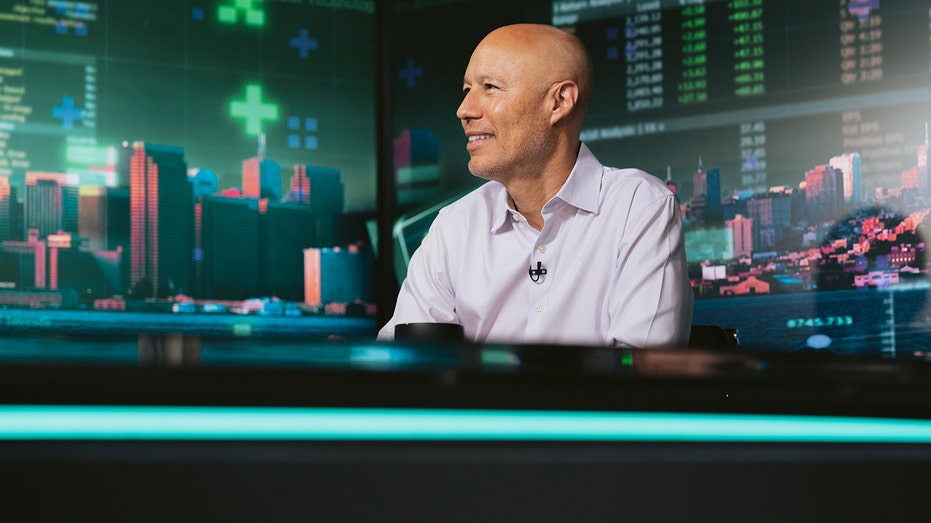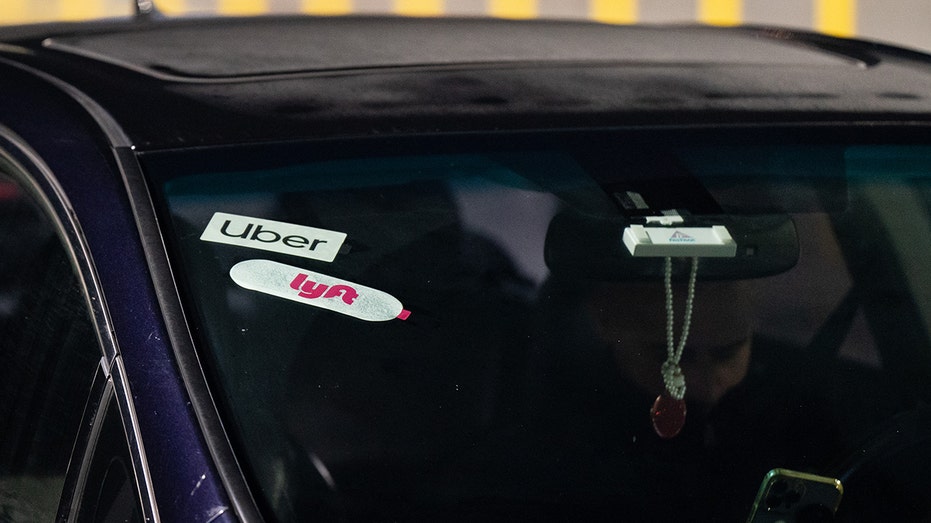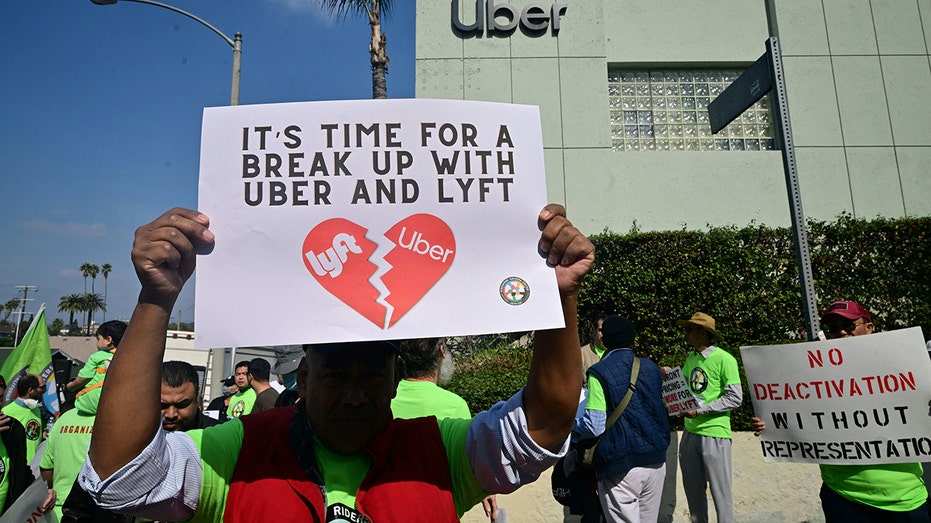Lyft CEO says government shouldn't be involved in ride-share price setting
Lyft and Uber vowed to cease operations in Minneapolis if the minimum wage ordinance takes effect
Lyft CEO David Risher believes the government shouldn't be involved in the ride-share price-setting game.
"I think there's maybe a misunderstanding in the world that central governments can set prices in a way that works," Risher told FOX Business. The CEO was responding to the Minneapolis City Council voting to mandate a minimum wage for drivers and the Labor Department’s rule that would reclassify millions of gig workers as employees. Lyft has already said the department’s rule, which takes effect on Monday, won't impact its operations.
"In some industries maybe it's a good idea… but for something that is happening 800 million times a year, you really don't want to be in the price-setting game because you're just going to mess it up, and you're going to do it worse than, frankly, the market does," Risher, who took over as CEO in April 2023, continued.
FOX Business reached out to the Minneapolis City Council for comment.
UBER, LYFT THREATEN TO LEAVE MINNEAPOLIS OVER CITY ORDINANCE
Minneapolis Mayor Jacob Frey vetoed the city council's ordinance, which would require ride-share companies to pay drivers no less than $5 per ride. But the city council could still override Frey's veto, and the proposal could become law on May 1.

David Risher, chief executive officer of Lyft Inc., during a TV interview in San Francisco, on Feb. 14, 2024. (Michaela Vatcheva/Bloomberg via / Getty Images)
Both rival ride-share companies, Uber and Lyft, have threatened to leave the city if that happens.
While Risher says he understands the city council's concerns, he argued that increasing pay for drivers beyond what the market can bear will lead to higher costs for riders. Drivers will ultimately lose out, according to Risher.
| Ticker | Security | Last | Change | Change % |
|---|---|---|---|---|
| LYFT | LYFT INC. | 16.46 | +0.62 | +3.91% |
| UBER | UBER TECHNOLOGIES INC. | 74.77 | -0.44 | -0.59% |
"If all of a sudden the thing that used to cost $15 now costs $40, it just doesn't work because people will say, 'I'd rather do anything else,'" he said, adding "that's not just speculation. That's what happens when cities set rates that are too high, higher than what the market can bear. People stop taking Uber and Lyft."

Lyft and Uber signage on a car at San Francisco International Airport on Feb. 8, 2024. (Loren Elliott/Bloomberg via / Getty Images)
If it takes effect, Risher said the company might have to explore certain strategies, such as going around the city just to take passengers back and forth from St. Paul to the airport, which could take twice as long in some cases.
Nearly 400 Lyft drivers have signed a petition to prevent the Minneapolis ordinance from taking effect.
UBER, LYFT GET NEW COMPETITION IN RIDESHARE BATTLE
"If they [politicians] want to represent drivers, it's fantastic," he said.
Lyft rival Uber said it supports "comprehensive statewide legislation that guarantees drivers $35/hr minimum earnings while working and protects their flexibility and independence" and that if this ordinance is enacted it will work with "drivers, riders and the legislature to bring rideshare back," a statement from Uber says.
GET FOX BUSINESS ON THE GO BY CLICKING HERE
Cities like New York and Seattle have passed minimum wage mandates for ride-share drivers and faced pushback from the industry, but operations have continued.
However, the fight for higher wages has intensified among drivers.

Members of the Rideshare Drivers United organization protest against Uber and Lyft during a demonstration in Los Angeles on Feb. 14, 2024. (Frederic J. Brown/AFP via / Getty Images)
Last month, Justice for App Workers, a coalition representing more than 100,000 drivers, went on strike during Valentine's Day even after Lyft implemented a new pay standard.
"We’re sick of working 80 hours/week just to make ends meet," the group wrote on its website ahead of the strike, adding that it's demanding "changes from Uber, Lyft, DoorDash, and all the app companies profiting off of our hard work!"
A June 2022 report by the Economic Policy Institute found that nearly a third of gig workers reported earnings less than the minimum wage in their respective states.
That same year, Uber and Lyft launched similar features to show drivers what they would earn before each trip. Earlier this year, Lyft said it will now show drivers a breakdown of where riders' fares go. It also promised that drivers would earn an average of 70% or more of rider fares after external fees each week.
FOX Business' Timothy Nerozzi contributed to this report.





















